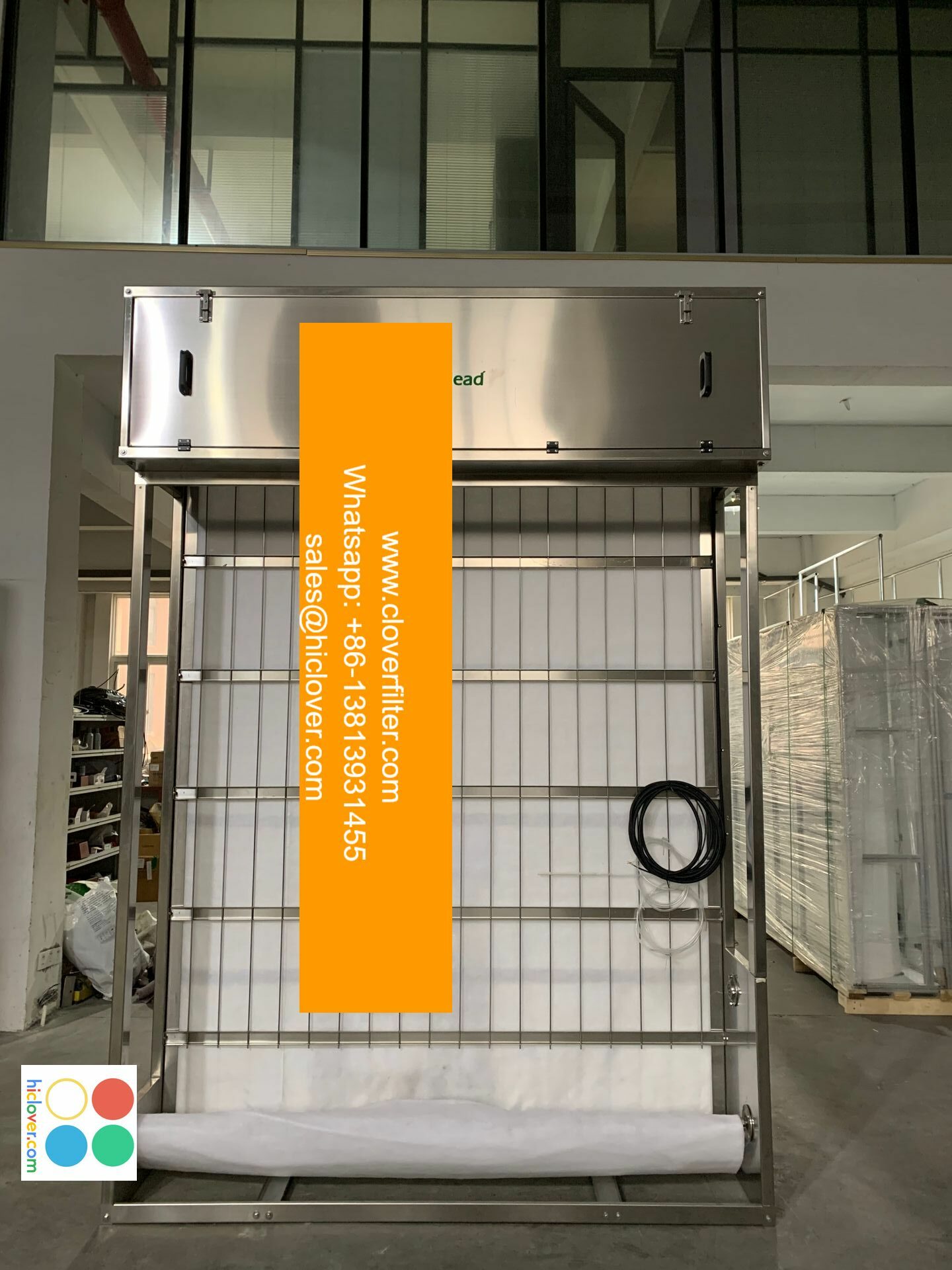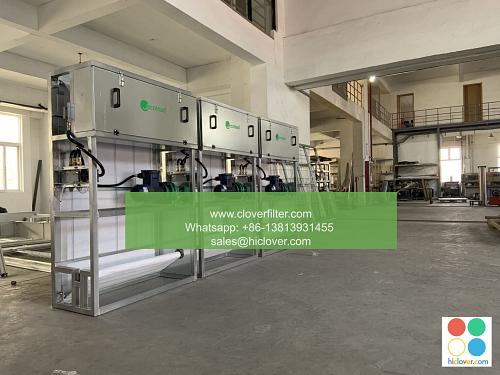Introduction to Automatic Roll Air Filters in Micron Semiconductor Fabs

The semiconductor manufacturing industry, particularly in micron semiconductor fabs, demands ultra-clean environments to produce high-quality microchips. One crucial aspect of maintaining this cleanliness is the use of advanced air filtration systems. Among these, Automatic Roll Air Filters (ARAFs) have emerged as a vital component in ensuring the purity of the air within these sensitive manufacturing areas. This article delves into the introduction of ARAFs in micron semiconductor fabs, their functionality, benefits, and the various application areas where they play a critical role.
Background and Importance of Clean Air in Semiconductor Manufacturing
Semiconductor manufacturing involves intricate processes that are highly sensitive to particulate contamination. Even the smallest particles can cause defects in the microchips, leading to reduced yield and increased production costs. Therefore, maintaining a cleanroom environment with minimal particles is paramount. The air quality within these cleanrooms is controlled by sophisticated air filtration systems designed to capture particles as small as a few nanometers.
Functionality of Automatic Roll Air Filters
ARAFs are designed to provide continuous, high-efficiency filtration of the air. These systems consist of a roll of filter media that automatically unwinds to replace the section of the filter that has reached its particle-loading capacity. This mechanism ensures that the air filtration efficiency remains constant over time, without the need for manual intervention or downtime for filter replacement. The filter media in ARAFs can be tailored to capture a wide range of particles, from submicron dust and smoke to larger debris, making them versatile for various cleanroom classifications.
Benefits of Using Automatic Roll Air Filters in Micron Semiconductor Fabs
The integration of ARAFs into micron semiconductor fabs offers several key benefits:
- Enhanced Yield: By reducing particulate contamination, ARAFs help in increasing the yield of defect-free microchips.
- Energy Efficiency: These systems are designed to operate with minimal energy consumption, contributing to cost savings and reduced environmental impact.
- Low Maintenance: The automatic roll feature minim!izes maintenance needs, as filter replacements are automated and can be scheduled according to usage, reducing labor costs and production downtime.
- Flexibility and Scalability: ARAFs can be easily integrated into existing air handling systems and scaled up or down depending on the specific requirements of the fab.
Highlighting Various Application Areas
ARAFs are not limited to semiconductor manufacturing; their application extends to various fields that require controlled environments:
- Pharmaceutical and Biotechnology Manufacturing: Cleanrooms in these industries also demand high air quality to prevent contamination and ensure product quality.
- Medical Facilities: Operating rooms, intensive care units, and laboratories benefit from the clean air provided by ARAFs, reducing the risk of airborne infections.
- Food Processing: In facilities where food is processed, ARAFs can help maintain a clean environment, reducing the risk of contamination and spoilage.
- Data Centers and IT Facilities: The equipment in these areas is sensitive to dust and particles, which can cause overheating and malfunction. ARAFs help in maintaining a clean environment, thus ensuring smooth operation.
Conclusion
Automatic Roll Air Filters represent a significant advancement in air filtration technology, particularly in micron semiconductor fabs where clean air is crucial. Their ability to provide continuous, high-efficiency filtration with minimal maintenance makes them an indispensable component in the pursuit of ultra-clean manufacturing environments. As the demand for smaller, more complex microchips continues to grow, the role of ARAFs in ensuring the quality and reliability of these products will only become more critical.

